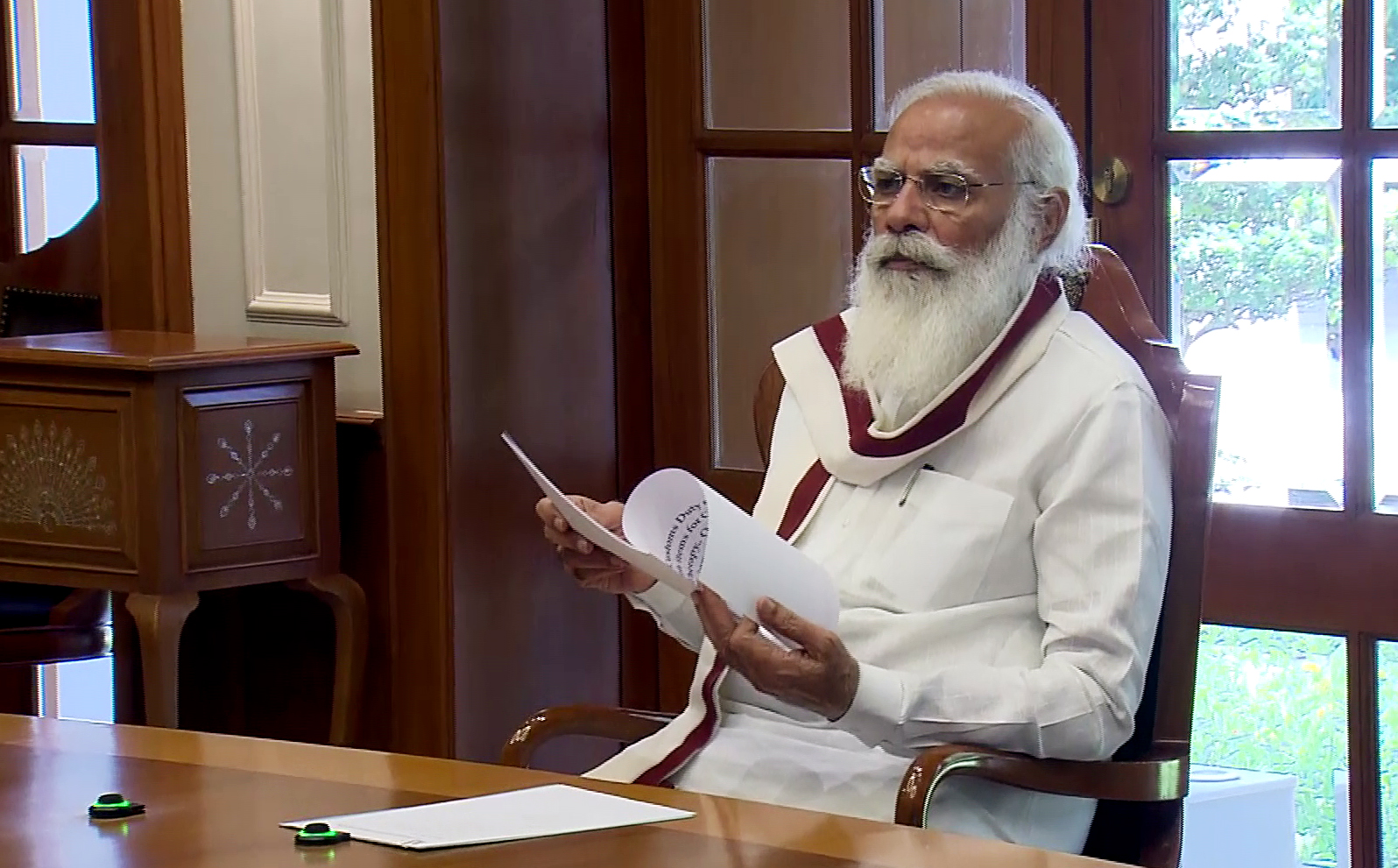Sardar Patel and Pandit Nehru differed on many issues but were united in their insistence that the colonial structure of administration left behind by the British should be retained. Where they differed was in the trust each had in the people of India. Nehru had so little faith in the population that he ruled for 17 years that even the jury system was abandoned, clearly because of the official view that common citizens could not be expected to have the common sense needed to decide on matters of innocence and guilt in criminal trials. Prime Minister after Prime Minister has entered office with the promise of reform, only to leave without daring to touch even a bit of the governance construct that was continued by Nehru and Patel, when the changeover from servitude to freedom necessitated a change in the methods and mechanism of governance. Recent reports about the blocking of hospital beds in Bangalore show that even a digitalised system need not be free of corruption. Where there is shortage, there will be black marketing and resort to the purchase of influence. When even Assembly seats in states regarded as crucial to a ruling party get auctioned to the highest bidder, or those who toiled for decades in adverse circumstances get pushed aside in ticket distribution by those who enter merely to retain the plunder they indulged in while merrily ensconced in their previous party. And after this, that there is surprise in some quarters at the election results indicates a disconnect from reality that needs immediate rectification. There is no question that Prime Minister Narendra Modi has done more to introduce domain expertise into the system than his predecessors, but the pace of such change needs to be accelerated. What is being witnessed across India as a consequence of the second wave of SARS-CoV-2 is heart-breaking. People are dying for lack of oxygen, medication and hospital beds. This when accurate forecasts had been made of the situation that has now enveloped the country. Members of the multiple task forces and committees that were set up to handle the pandemic need to be called out. What were they doing for the past year? Why were oxygen concentrators not set up in hospitals and health centres across the country? Why has there been delay, indeed blockage, in clearing the regulatory and administrative hurdles towards testing more than six vaccines that have been developed indigenously, but which have yet to get approval even for testing? Why has there not been a special effort to ramp up the production of vaccines? Who is responsible for the shortage of essential medication? Are vested interests, domestic and foreign, involved? What is needed is a forensic examination by an independent team and affix responsibility. The nation expects the PM to ensure that this is done. It is not being suggested that those in the governance structure that are responsible for the effects of their complacency and lack of attention should be sent to prison. But at least they should be removed from service. A culture of unaccountability has permeated throughout the system of governance that was bequeathed to the people of India from a past era. This needs to change rapidly. A senior official has proclaimed that a Third Wave is inevitable. What needs to be made inevitable is for government to ensure that as many lives as possible get saved during such a wave. Even in the first wave, migrant workers who were suddenly left without the daily income that they needed to sustain themselves should have been paid enough to enable them to survive the lockdown and its aftermath. The exodus of migrant labour to their home states could have been avoided by such a measure. Rather than continue with the same fiscal and monetary orthodoxy that saw several countries suffer economic ruin, what was needed in 2020 and needed now is for the monetary and fiscal taps to be opened so as to protect the people from the effects of the deluge of joblessness and lack of income caused by the pandemic. It has been suggested that carefully targeted expenditure amounting to 5% of GDP needed to be expended for three years from 2020 onwards. The ferocity of the pandemic indicates that such a policy is necessary. People are hurting. Savings have been wiped out. Homes and properties have been sold, simply to survive. Such people need relief. Former Finance Minister P. Chidambaram claimed that the percentage of tax collected from taxpayers in India was lower than that in European countries. What he forgot to mention was the much better levels of government assistance and service in these countries as compared to India. Ministers and former ministers need to send their children to government schools and go to government hospitals when ill and use only public transport to understand what the citizen is going through. PM Modi has come from the people. He needs to ensure that there will be a reckoning for the complacency shown by some, the consequence of which has been the appalling tragedy. The path to overcoming a third wave is to enforce accountability for the lack of care taken to ensure that the second wave did not cause the pain and distress that it has.

